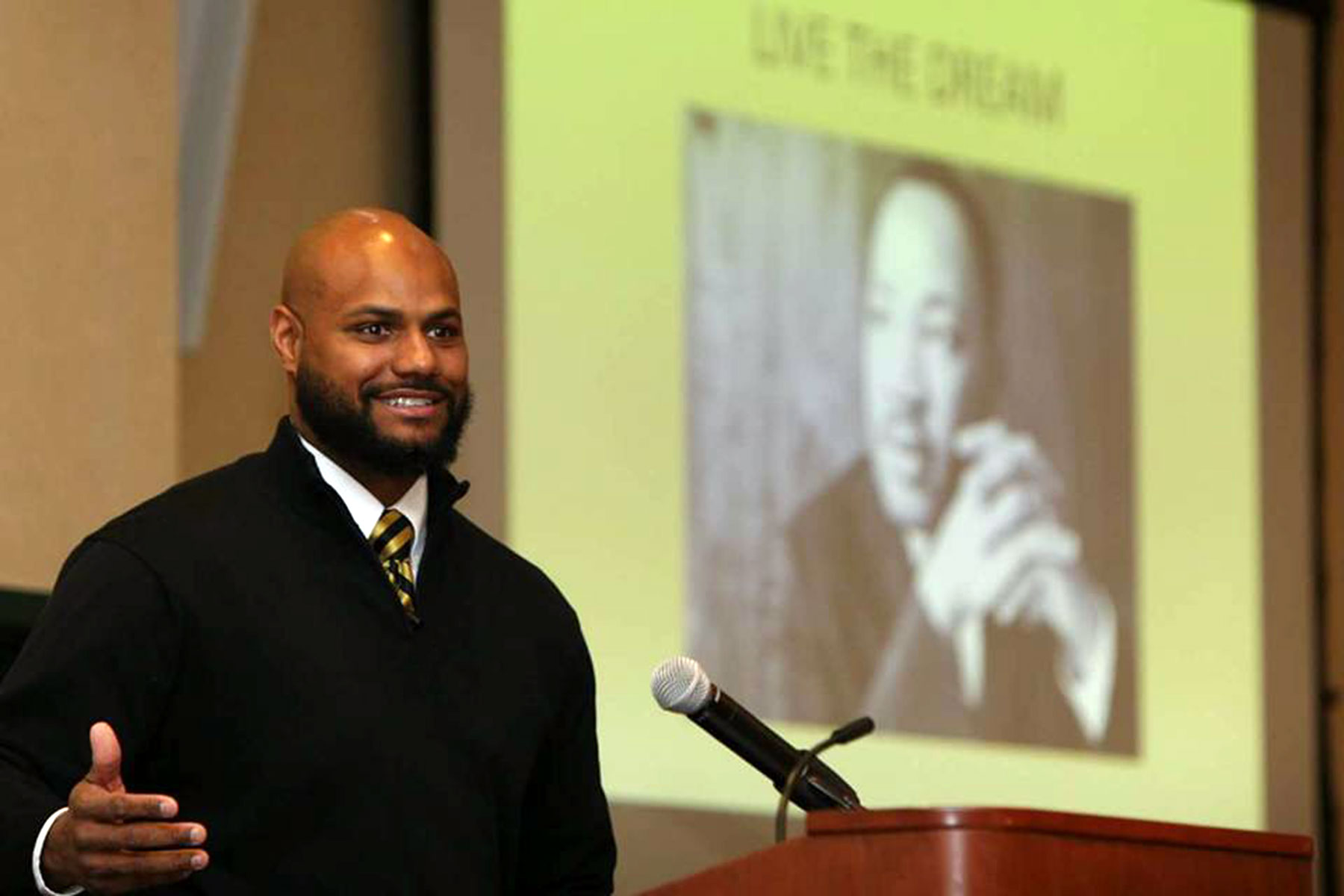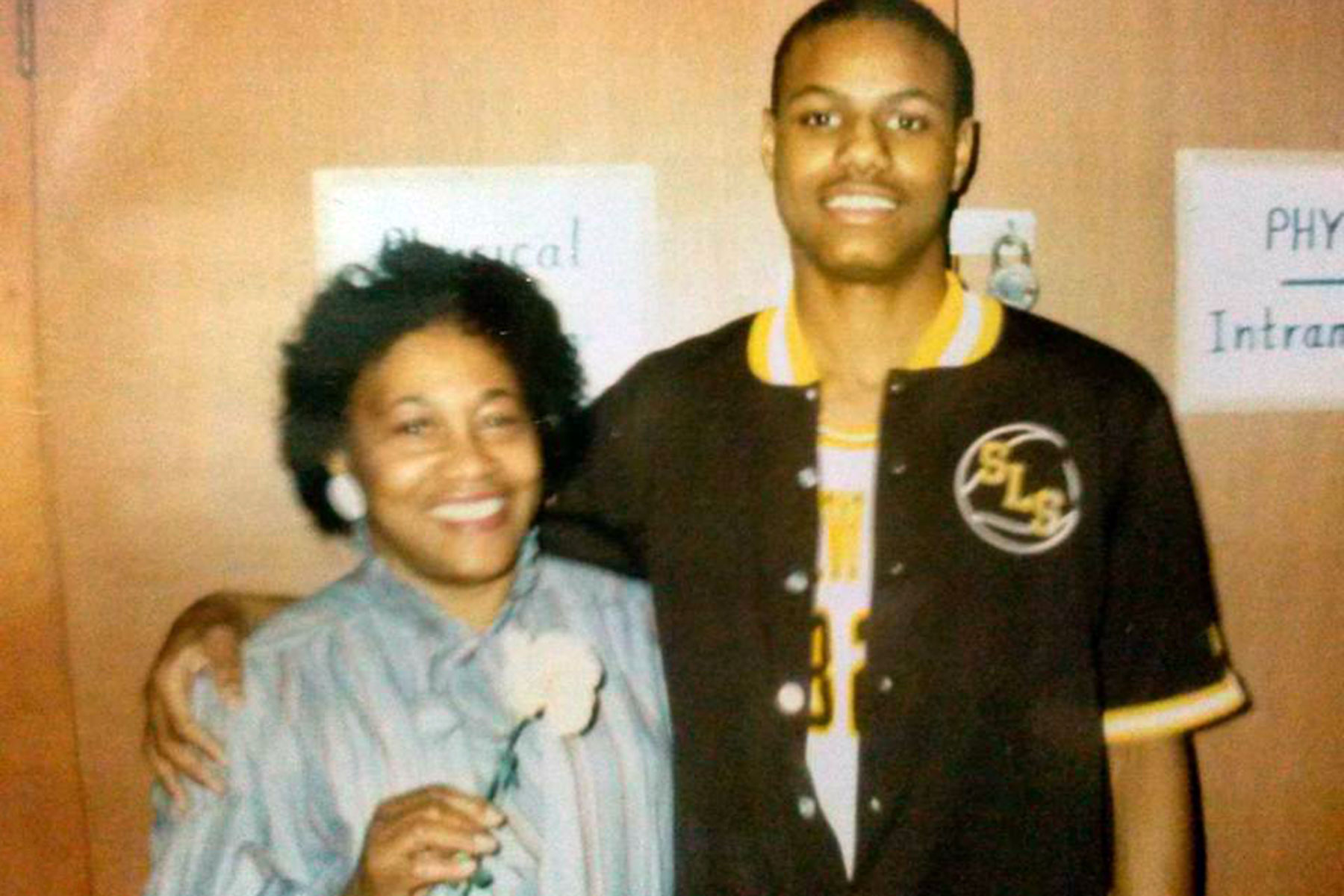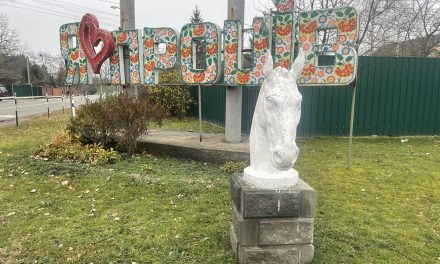
I watched a dog show the other day and it made my heart hurt.
Every dog they ran around the room had a story. From where it originated, an explanation of behaviors traced back five generations, the best environments in which it would thrive, and many other important facts about their history and personality given in detail. I listened to these dog lovers go on and on about the deep love they had for their dogs, and how they’ve become much more than pets.
Which brings me to the point about us as people, and to you the reader.
Did you know that the woman who raised me, who formulated my attitudes, beliefs, and behaviors, was born in 1929 in the city of Philadelphia in Neshoba County, Mississippi, to former slaves?
Did you know this was the same town that three civil rights workers were reported missing in 1964? When you watch the movie Mississippi Burning and see the little black kids running around in the background, can you imagine what life for a black child was like when they filmed it in the 1980s? Or specifically, what life for a little black girl was like in the early 1960s in that same town?
A whole generation of little black girls grew up to have children just before the Brown vs Board of Education ruling, and the Civil Rights Movement. God then Blessed those same women with a young man to raise, me.
We use the dog ‘lineage’ to explain their behaviors and provide caution to those potential owners who wish to adopt them. We do everything we can to make sure you never blame the dog for their response when handled inappropriately. We should not, therefore, understand and treat dogs better than we do our own neighbors.
We have deeply troubled issues in Milwaukee, but respond to them as if they are a new species of animal rather than a problem that has been bred and conditioned over generations. At some point we must examine the lineage of the problem, rather than the ineffective habit of trying to deal with the current symptoms of the problem. Medically speaking, there are many ways to treat a fever, but without knowing the cause of it many remedies can actually be detrimental.
The woman who raised me watched every single leader, who advocated on her behalf, be assassinated in her lifetime.
Imagine what it did to her when I called home, at the ripe age of 18, and told her ‘Mama, I’m going to be President of the Multicultural Student Association on campus and will be speaking out against racism.’ Would she be excited and proud of me, or scared for my safety?
I did speak out anyway. I got hate mail and death threats as a result. I never told her about all of them, but she knew enough. Yet, here I am, still not bowing down to cowardice acts of failed intimidation. My mama taught me that.
We have children in Milwaukee who are just as capable of remembering the environment in which they are being raised. Truth and facts will come a distant second to the stories they tell themselves in order to cope, so that the experiences make sense. They will remember marches, riots, debates, and an election that made all the adults yell at each another. All of these experiences will be responsible for their attitudes and beliefs as they get older. We should fully expect them to be passed along to their children one day, just as the legacy of so many Milwaukee attitudes were handed down from previous generations.
When we see on the news that a particular dog has injured someone, we brand the entire breed as vicious, mean, and not suitable for children. That same measurement is applied to adults of all races, while our kids are watching, learning, and practicing to do the same thing.
We have long asked, ‘what is wrong with these kids?’ But the real question that needs to be asked and answered is, ‘What is wrong with us?’ because this is the world we have all shared in making.
I will be the first to admit that I have a lot of work to do with building authentic relationships. Can I really say I know you? No. Can you really say you know me? No. If community is something we are serious about creating in Milwaukee, it requires us to know one another, not just how we currently present ourselves.
It is difficult to peal back the layers of comfort, and share how our very being was formulated, molded, and inspired. The real history of who I am does not provide an excuse for the decisions I make.
It should, however, provide enough of a warning for you to ‘approach with caution.’ I was raised by women who were treated with less respect than dogs. That passion you see and hear and feel from me on stage, in training, or in response to blatant acts of disrespect, is the spirit of my ‘mamas’ over three generations. My Leadership style is aggressive, respectful, and rooted in ‘stop talking and do something.’
Black History Month has a strong thread of community building and inclusion. It was more about an invitation to know one another than a reason to highlight what keeps us apart. Once you know me, all of me, then you can make informed decisions and conclusions about me.
Perhaps dog trainers make better Diversity & Inclusion trainers than the group of professionals who see ourselves as so called ‘people experts.’















